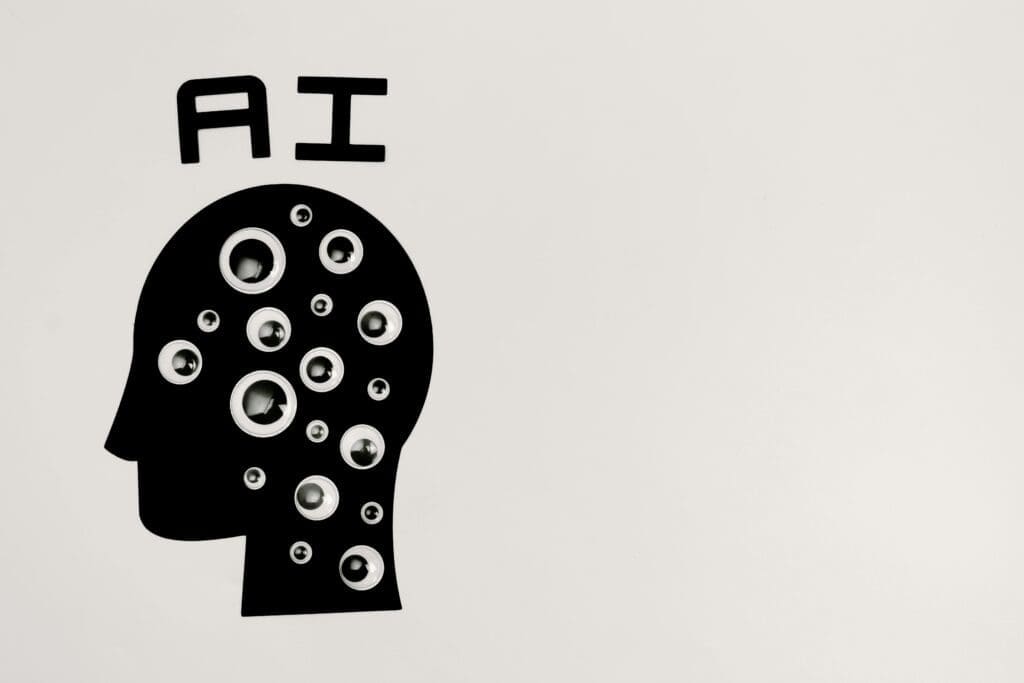Young laboratory physicians miss out on global AI trend at school due to teacher skepticism
AI plays a central role in laboratory medicine, but the potential next generation is not equipped for this, at least not at school. A representative study by the Robert Bosch Stiftung shows that teachers in Germany are skeptical about artificial intelligence (AI) in the classroom. Many fear negative effects on pupils’ social and communication skills and critical thinking. Nevertheless, more than half recognize the potential for personalized learning. The German School Barometer also reveals uncertainties: 62% of teachers feel unsure about using AI tools, and a third have not used them professionally in the past year. Those who do use them do so primarily for task setting and lesson planning, rarely for performance assessment or learning data analysis.

Challenging student behavior, particularly at secondary schools and comprehensive schools, and a chronic lack of time remain the biggest burdens in everyday school life. 42% cite student behavior as the main problem, an increase on the previous year. A third of teachers regularly feel exhausted. Despite a high workload, 84 percent are satisfied with their work and 90 percent with their school.
The study examines democracy education for the first time: Over half of teachers call for more commitment, but lack of time and fear of conflict hinder implementation. East German teachers are more likely to report a lack of interest among their colleagues and concerns about conflicts or resistance from parents. In addition, 45 percent of those surveyed do not see student representatives as having any real influence, although 68 percent confirm that student concerns are taken into account.
The study, conducted by forsa between November and December 2024 with 1,540 teachers, emphasizes the need for systematic training on AI and structural changes for stronger democratic education. The results of the German School Barometer serve as a basis for recommendations for action in the education system.
Further information:
The German School Barometer | Robert Bosch Stiftung
The articles in the news section are produced by X-Press journalist office
Gender note. The personal designations used in this text always refer equally to female, male and diverse persons. Double/triple references and gendered designations are avoided in favor of better readability.




